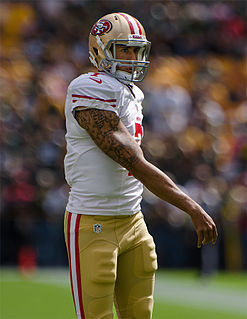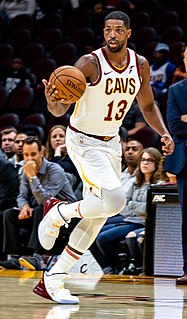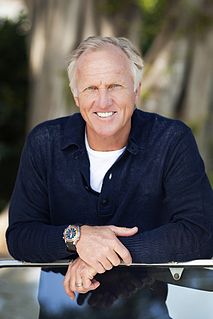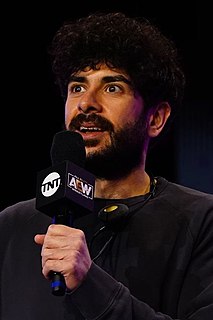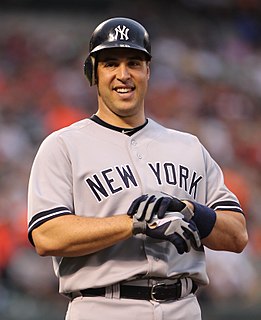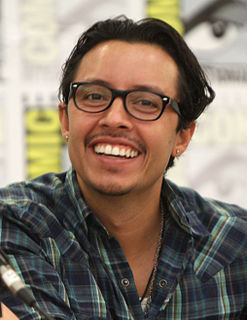A Quote by Colin Kaepernick
In the heat of the battle, it's always different than when you go back and look at it on film.
Related Quotes
Different directors have different techniques in the use of films. Cronenberg is very different in the way he works with film, and how he takes the audience into his films is different than how Peter Jackson would do that or Jon Stewart. So, if you go between those artists, you shift gears and you kind of fall into the working method of that film.
I've always been interested in people that you wouldn't see otherwise. If you look back at my books, photographs, and films-and since I'm doing this retrospective I've been forced to look back-the work is always about a small group of people who are somewhat isolated, and who you would never see if I didn't film or photograph them.
